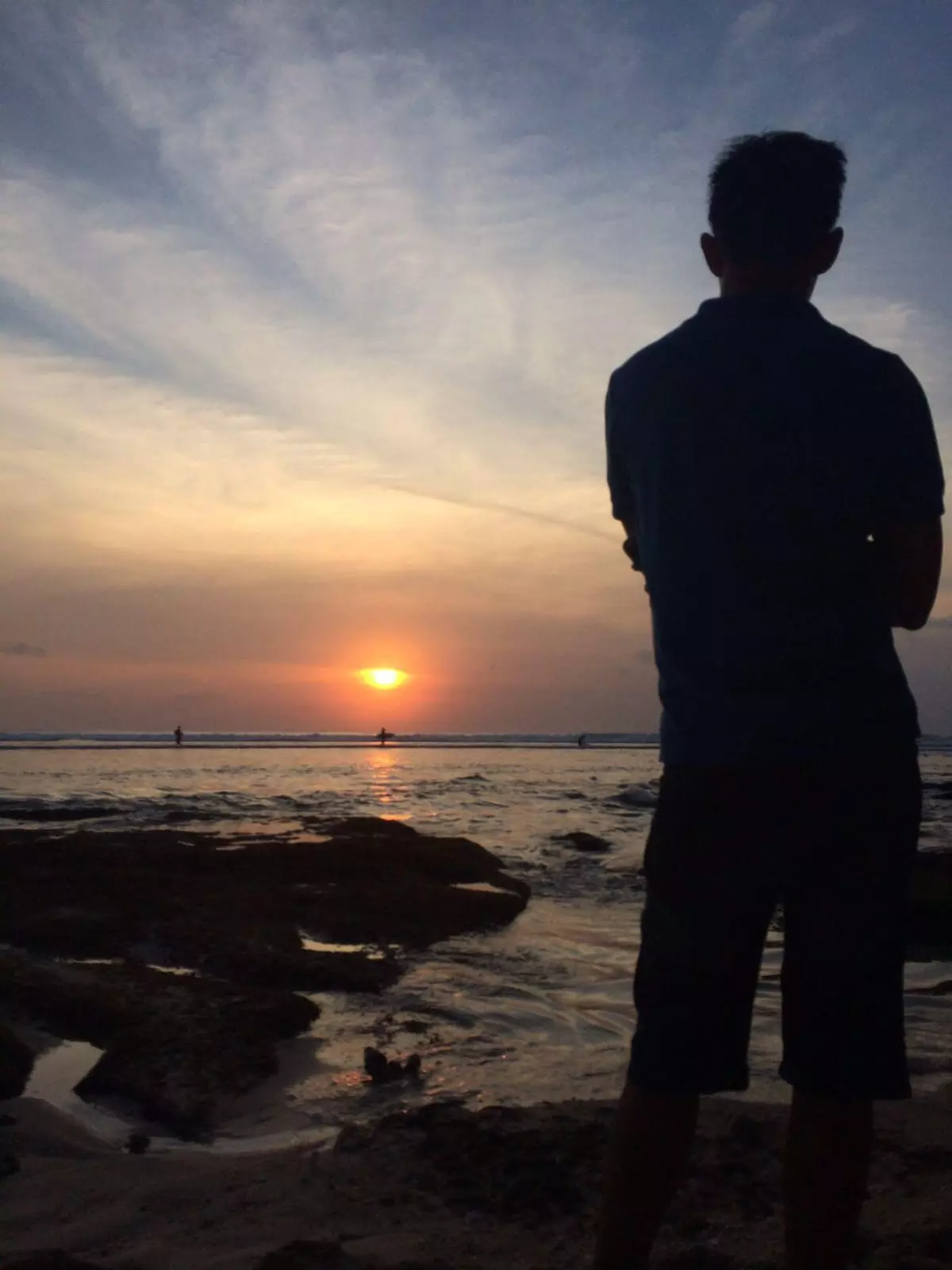TRENDING TAGS :
Pakistan's Reaction to Ayodhya's Ram Temple Consecration Sparks Tensions
Pakistan condemns Ayodhya's Ram Temple consecration, citing majoritarianism concerns and urging global intervention against rising Hindutva ideology.
Pakistan's Reaction to Ayodhya's Ram Temple Consecration Sparks Tensions
In a move that exacerbates regional tensions, Pakistan has officially condemned the consecration of the Ram Temple in Ayodhya. The country's foreign office issued a statement expressing concerns about what it perceives as India's growing majoritarianism.
The foreign ministry's statement pointedly referred to the Ayodhya consecration ceremony as "indicative of India's growing majoritarianism." Pakistan accused a "mob of extremists" of demolishing the Babri mosque, and criticized India's judiciary for not only acquitting those responsible but also allowing the construction of a temple on the disputed site.
According to Pakistan, the developments over the last 31 years, leading up to the consecration ceremony, underscore a trend of growing majoritarianism in India. The statement contends that these events are part of broader efforts to socially, economically, and politically marginalize Indian Muslims.
The foreign ministry also asserted that the Babri mosque's demolition is a blot on India's democracy. Pakistan claims that there is a growing list of mosques, including the Gyanvapi Mosque in Varanasi and Shahi Eidgah Mosque in Mathura, facing similar threats of desecration and destruction.
Pakistan warned that the rising tide of the Hindutva ideology in India could pose a threat to regional peace. It called upon the international community to take cognizance of what it perceives as "growing Islamophobia" and urged the United Nations and other relevant international organizations to play a role in safeguarding Islamic heritage sites in India from extremist groups. Additionally, Pakistan urged these entities to ensure the protection of the religious and cultural rights of minorities in India.
Prime Minister Narendra Modi presided over the consecration ceremony, attended by thousands of dignitaries and locals. Several politicians, actors, and sports stars participated in the event, which included the installation ceremony of Lord Ram's idol in the newly constructed temple.
The Supreme Court of India, in 2019, acknowledged evidence supporting the existence of a Hindu temple at the Babri site and permitted the construction of the temple on the disputed site. It also ordered authorities to provide a separate parcel of land for the construction of a grand mosque.
As tensions rise between the two neighboring nations, the aftermath of the Ram Temple consecration adds another layer to the complex dynamics between India and Pakistan. The international community is closely watching the developments and the potential impact on regional stability.
SEO Tags: Pakistan reaction, Ayodhya Ram Temple, India majoritarianism, Babri mosque demolition, Hindutva ideology, Regional tensions, International diplomacy, Religious rights, Indian Muslims, Ram Mandir event, Narendra Modi, Supreme Court verdict, Regional peace, Islamophobia concerns, Cultural heritage protection.


